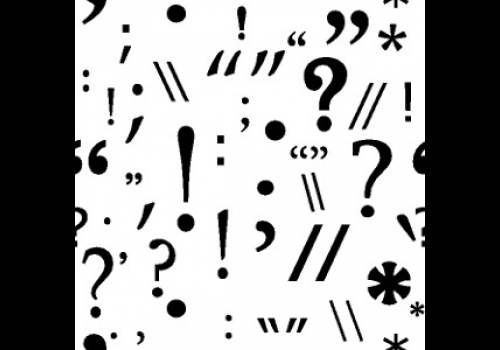Why it’s important, and why you should pay attention to getting it right
We all do a certain amount of proofreading; scanning through your email to make sure that you’ve addressed it to the right person, and said all you want to say, and there are no squiggly red lines under any of your words. It’s automatic, for most of us.
But I met two people at a networking event for whom there are additional challenges when proofreading. I’ll not share their names or where I met them for their privacy, but one is dyslexic, and for the other, English isn’t their first language. They will be able to check that what they wrote is more-or-less what they intended to say, but might not get everything correct simply because they can’t tell.
I have other clients for whom words are not their friends, which is fair enough, or who have better things to do with their time than nitpick their commas and make sure every single one of their words is correctly spelled. Which is also fair enough.
But…
But…
Your written presentation, whether it’s emails to clients, your website, reports, funding bids, leaflets, that’s your shop window. That’s where people get their impression of your business.
And if you know your written skills aren’t the best, do you worry that you’re putting people off?
Your shop window
If you have an actual bricks and mortar shop, and the window glass is grubby, or cracked, you’ll fix it ASAP, so that your customers can get a clear view of your products. And you’ll do your best to set things out in an attractive display, and ensure the interior is clean and well kept, to entice people in.
It’s the same with your written materials. They need to be well laid out, attractive, with good images, but also well written. Typos, spelling mistakes, words used incorrectly, poor punctuation and unclear language will detract from what you’re trying to show your customers. You want their visit to your site, or your leaflet in their hand, to be a seamless experience, which results in them buying your product or service, visiting your attraction or donating to your cause. You don’t want them peering through grubby glass, or struggling to pick out what they want to see in between the cobwebs, to carry on the metaphor.
If you know your written skills aren’t the best, then investing in a proofreader will save you from making mistakes, but also from wondering whether you’ve got it right. Or if you’d simply rather not spend time making your words perfect, then getting a professional proofreader to help might be a really good idea. Helping your customers have a smooth journey to spending their money is worth investing in!
Reports and formal documents
The other time when a pro might be useful is when you’ve been working on a formal document of some kind; a report, or bid, or handbook, maybe. You’ve started at it for far too long, or passed it round several colleagues, and the whole thing might as well be in Greek by now. You only see what you know ought to be there, not what is actually there, and you probably wouldn’t notice if there were any mistakes.
Having a proofreader look at it, and make sure that you’ve not got cut-and-paste errors creating sentences with no verbs, or ‘the the’ for instance, will help your document to be taken seriously, for the purpose you intend it.
Value for money
Proofreading isn’t expensive. My rates vary according to the content. I charge more for something very technical, where I have to look up every other word to make sure it’s correct. I charge a bit more for something that has been translated from another language. And I’ll charge more if you want it done, like, yesterday. But in general my rate is between £8 and £12 per thousand words (rounded up). This blog, for instance is around 750 words, so that’s a tenner, give or take, to proofread.
I’m very happy to set up a retainer arrangement, where you can send me anything you need checking before it goes out, priced according to your requirements, and with a guaranteed 1 or 2 working day turnaround. (Excluding significant-sized documents, which can be priced as stand-alones, and given appropriate timescales.)
Drop me a line – and I won’t judge your spelling – and we’ll see what we can do together.




Leave a Reply